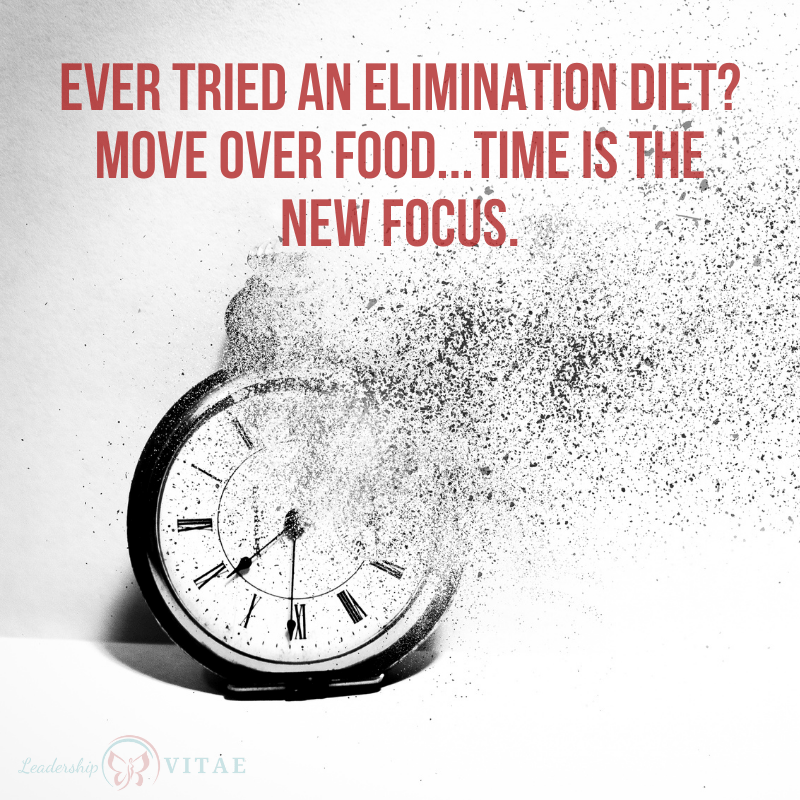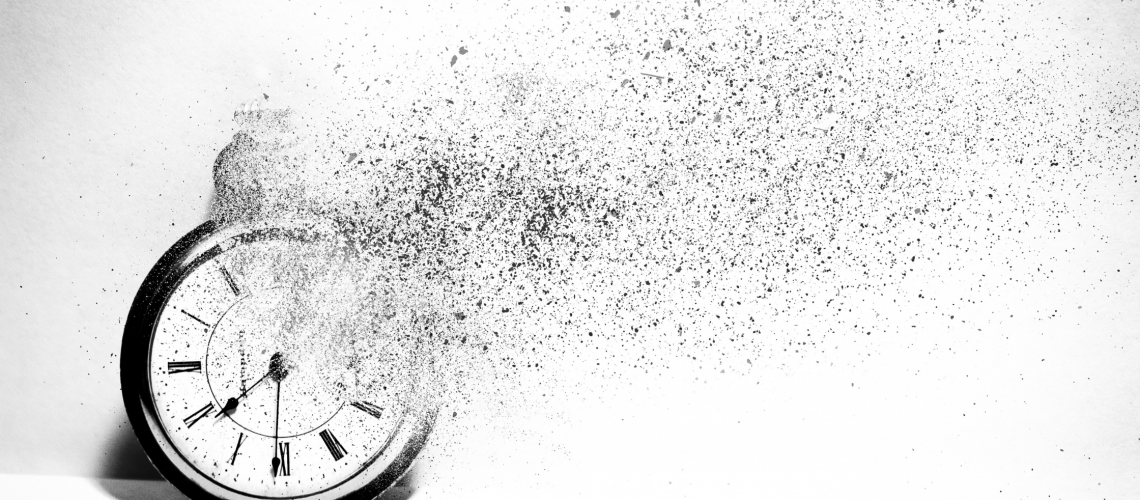
Over the summer, I was asked to speak at a local gathering of a women’s employee resource group. The premise was 3 pieces of unconventional career advice…what would I go back and tell my younger self?
Of the three, the most important was investing in our health and wellness. When we are young, our bodies are able to handle a lot of questionable decisions and seemingly bounce back.
Late nights? Poor nutrition? We often don’t see the impact until we age and such decisions have visible consequences. Unfortunately, one of the greatest impacts that can go unseen for even longer is that of stress.
Stress is sneaky. It can cause cumulative damage we don’t realize. Until it manifests as something we can see and becomes too late to ignore.
Rest does a body good
I’ve shared before about micro-habits that can help us avoid emotional exhaustion and burnout.
While these have certainly been helpful, one thing I worked on over the summer was rest. Not sleep. Rest. There is a huge difference.
When I went into my summer sabbatical, I had all sorts of plans. Things I wanted to accomplish and keep me focused. I also included movement, time with friends and family, and creative endeavors like writing. These would help me stay energized and keep any stress levels in check.
Within a few weeks, I found myself exhausted. Sleep wasn’t the issue. I was getting a good 8+ hours a night. My schedule wasn’t totally overwhelmed, as I had large time blocks each day to myself. I was doing all the right things…what the heck???
What I realized was, I wasn’t resting. Even my downtime was busy. There was always something on the to do list or a new distraction to fill my thoughts.
My brain wasn’t getting any rest.
Elimination diets
During the session, attendee Amy shared a story about challenges she had with food. Her doctor recommended an elimination diet, so she could determine what was making her sick.
Her doctor told her that many people suffered the way she had, but had become accustomed to feeling poorly, not realizing what was causing it. Or that it could be addressed.
She shared “Many people don’t know that their discomfort is preventable, or what to do to manage it. What can we do to recognize what’s causing our stress? To find our triggers and manage them?”
The elimination approach to finding food sensitivities is exactly what I’d recommend. It’s what I started doing when I found myself exhausted and wanted to know why. Why with more sleep and time on my hands, I was more tired than ever.
Time and energy triggers
Elimination diets can help us figure out our sensitivities to particular types of foods. Time elimination reveals how sensitive our energy levels are to various activities.
I was afforded a unique opportunity over the summer, where my schedule was my own. I was no one’s employee or parent for several weeks. Everything that went on my calendar was by my choice. So I started taking things off of it.
I blocked off several days where I had no commitments. No classes, coaching, happy hours. Nothing but what I chose to do. I was mindful of what I decided to add, and what I committed to. Paying close attention to whether those activities energized me or drained me.
It was quickly clear why I was exhausted. I’m an introvert and had overcommitted myself on gatherings. With everything recently reopening and the free time, I found myself having some sort of in-person interaction every day of the week.
Coffees, lunches, happy hours, or dinners. Every day had some sort of in-person commitment. No wonder I was tired all the time. Even if I had nothing else planned on a given day, it was too much in the course of a week.
My energy was getting depleted and I wasn’t doing enough to get it back.
Gain or drain
Everyone is different, and one person’s drain might be another’s gain.
In my case, I quickly realized that I would have to be more judicious in social commitments. The eagerness to see folks in person, after 18 months of virtual, was high. So was the impact to my energy if I didn’t spread them out.
Others I’ve spoken to have commented that they are drained on days they don’t workout. Or if they don’t spend some time outside with fresh air.
Backing off of commitments, and then adding them back in, can help us learn what energizes or exhausts us. That doesn’t mean we can’t have a full schedule and be energized OR an empty schedule and be drained. The mix and volume of activities makes a difference.
Our particular mix may also change with time. When COVID started, we had to find new ways to cope, engage with others, or get things done we had previously taken for granted. As things open back up, what might have energized us before is challenging now.
Our needs, priorities, and perspective shift with time. Our commitments should too.
Time to do nothing
I am used to being on the go all day, and crashing at night. However, leaving no time to rest my brain doesn’t do me any favors. It just delays eventual exhaustion, when it all catches up with me.
Rest creates space for ideas and growth. If our minds are constantly buzzing, learning, focus, and creativity can be hard to find.
As we look at our commitments, to find the right mix and volume of activities that is best for us, leave time for rest. For doing nothing. It may be uncomfortable at first (or for a while). A few minutes a day just breathing, without distraction or commitment, can renew our energy.
Even doing nothing has a purpose.








